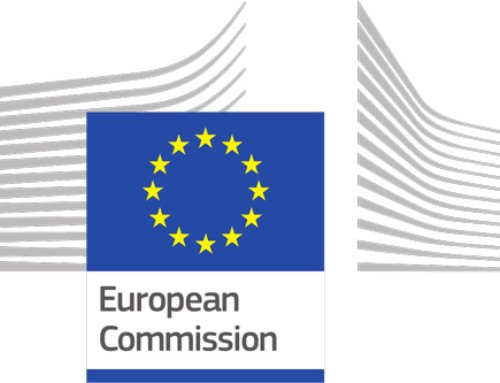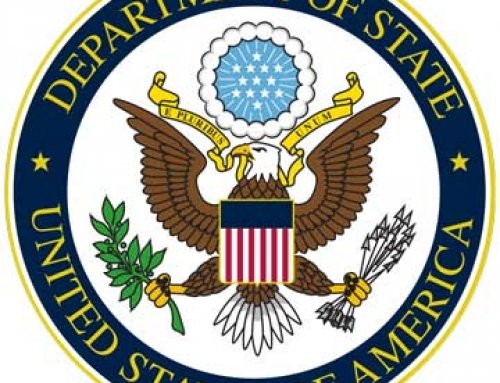In Belgium, under the Anti Money Laundering Act diamond traders (including synthetic diamond traders) are obliged to report any suspicion of money laundering or terrorist financing to CTIF-CFI (Financial Information Processing Unit). The illicit trade in diamonds remains a lucrative way of financing rogue purposes. The Federal Public Service Economy acts as a supervisory body and has now drawn up new regulations to help them comply with all obligations.
Only for registered diamond traders
The obligations regarding money laundering only apply to so-called registered diamond traders. These are traders in (synthetic) diamonds who are registered with the Licensing Office and have a registration number. Their details are easily retrievable via the central KYC database.
Preventive measures and an anti money laundering officer
The registered diamond trader is required to produce a document containing a general risk assessment and risk classification. Subsequently, they must always be able to submit this document to the FPS Economy.
In addition, they must appoint an internal anti-money laundering officer. This anti-money laundering officer must monitor the implementation of the policy, particularly in the field of the financing of terrorism, money laundering and the financing of weapons of mass destruction. In practice, the anti-money-laundering officer needs to:
- Draw up an activity report once a year and send it to the Federal Public Service for the Economy.
- Truthfully complete the questionnaire on the implementation of the Anti-Money Laundering Act in the company of the FPS Economy
- Attend anti-money laundering training recognized by the FPS Economy at least once a year.
- Maintain the certificate of participation of the accredited anti-money laundering training course and be able to present it to the FPS Economy in the event of a check
Pursuing a customer acceptance policy
A registered diamond trader shouldn’t establish business relationships just like that. They are required beforehand to conduct an investigation into the client’s profile and the nature of the relationship or transactions. If necessary, the registered diamond trader must take measures to reduce certain risks. Among other things, the aim is to identify the supply channels, the countries or territories involved, etc.
In doing so, the diamond trader should monitor the policy regarding financial embargoes. At present, restrictions on trade in diamonds only apply to the Government of the Democratic People’s Republic of Korea and the Government of Syria. An up-to-date overview of all restrictions and embargoes can always be found through the EU Sanctions Map.
The identification of clients and suppliers goes a long way. For example, they have to verify not only the identity of their client, but also that of the beneficiaries of their life insurance contracts. They must always keep a copy with the identification details on it.
Notification requirement
The obligation to obtain information makes the registered diamond trader an important source of information for the judiciary. A registered diamond trader is therefore obliged to inform CTIF-CFI when they have reasonable grounds to suspect, do suspect or have knowledge of (attempted) involvement in money laundering or to finance terrorism.
They can inform CTIF-CFI directly or via the AWDC hotline (Antwerp World Diamond Centre, the hotline of the umbrella organization). In the latter case the AWDC forwards the report to CTIF-CFI. The advantage of this is that the AWDC can and may make the report in its own name, literally and figuratively leaving the registered diamond trader out of the picture.







